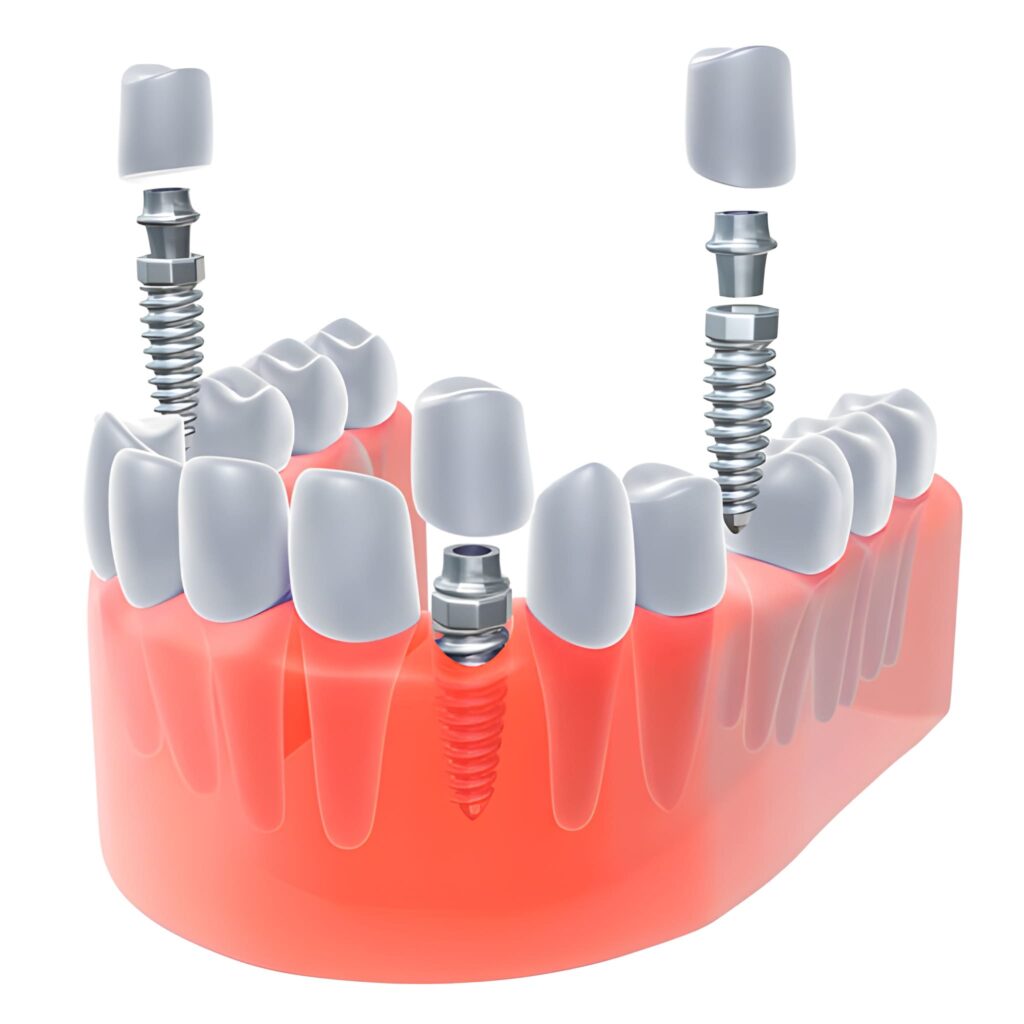Tooth infections can be painful and upsetting. They often happen when bacteria enter the tooth through a crack, cavity, or gum problem. This can lead to swelling, pain, and pus around the tooth. While waiting to see a dentist, many people try home remedies to ease the pain. One common method is rinsing the mouth with salt water. But does it actually help? In this article, we’ll explore how salt water works, when it’s useful, and what it cannot do. We’ll also cover how to use it safely at home and when to see a dentist.
What Is a Salt Water Rinse?
A salt water rinse is a simple mix of warm water and salt. It has been used for thousands of years to clean wounds and fight infection. Salt helps reduce swelling, clear bacteria, and clean the mouth. Dentists, including your Emergency dentist in Aberdeen, often suggest rinsing after tooth removals or gum treatments. It is gentle and easy to use. While it cannot replace proper treatment, it can be helpful for temporary relief. Many people find that salt water calms the pain and makes the mouth feel fresher. It is also cheap, easy to prepare, and safe for most people.
How to Make a Salt Water Rinse
To make your own rinse, you’ll need one cup of warm water and half a teaspoon of table salt. Stir until the salt dissolves completely. Take a sip, swish it around the sore area for about 30 seconds, and spit it out. You can do this three to four times a day, especially after meals. Use clean water and avoid swallowing the rinse. Don’t rinse more than needed, as too much salt can irritate the mouth. Always check the water isn’t too hot, and don’t use salt water on very large open wounds.
How Do You Stop a Toothache Urgently?
Benefits of Salt Water for Tooth Infection
Salt water can offer a few benefits when you have a mild tooth infection. First, it helps clean the area by removing food bits, pus, and bacteria. Second, it reduces swelling and eases pain. Third, it supports your mouth’s natural healing process. While salt water won’t kill all bacteria, it makes your mouth cleaner and helps control the problem. This makes it a good short-term option while waiting for dental care. Remember, it’s best used with other gentle steps like cold packs and pain relief, not on its own.
What Salt Water Rinse Can’t Do
Salt water rinse is not a cure for tooth infections. It cannot get deep inside the tooth or remove infected tissue. It does not stop infections from spreading. Also, it will not work for severe cases where you have a lot of pain or swelling. Some people think it replaces a dentist, but this is dangerous. You might feel better for a short time, but the infection can return or grow worse. It’s important to understand its limits. Use salt water as a helpful tool, not as the only solution.
How Do I Get an Emergency Dental Appointment in Scotland?
Safety Tips and When to Be Careful
Salt water is safe for most people, but you should use it wisely. Too much salt or too many rinses can dry out the mouth. This may slow healing or cause more pain. People with high blood pressure should ask a doctor before rinsing often. Children should not rinse without an adult watching. Never swallow the rinse, and always spit it out after use. If your symptoms get worse or if you feel sick, stop using salt water and get dental advice. Keep things simple, clean, and safe when using any home remedy.
Other Things You Can Do at Home
While waiting for a dentist, there are other ways to ease pain. Apply a cold pack to your cheek for 15 minutes to reduce swelling. Avoid hard, hot, or sugary foods that can make the tooth hurt more. Eat soft foods and chew on the other side of your mouth. Use painkillers like paracetamol as directed. Try brushing gently with a soft toothbrush to avoid harming the sore area. These steps, along with salt water, may help you feel more comfortable. Still, they do not treat the real cause of the infection.
When to See a Dentist
It’s very important to visit a dentist if you think you have a tooth infection. Signs you need urgent care include swelling in the face, high fever, or strong, throbbing pain. These signs mean the infection is getting worse and may be spreading. Dentists can drain the pus, clean the area, and treat the problem properly. This may include a root canal, antibiotics, or even removing the tooth. The sooner you get help, the better. Don’t wait too long or try to fix it on your own for too many days.
Conclusion
Yes, salt water rinse is helpful for mild tooth infections. It can clean the mouth, reduce swelling, and ease pain. It’s easy to make, safe to use, and a good short-term remedy. However, it’s not a cure. It won’t stop a serious infection or replace dental care. If you’re in pain, use salt water to feel better for a while—but don’t delay your visit to the dentist. Use it wisely, follow the right steps, and always seek proper treatment if things don’t improve or if they get worse quickly.
Need Help with Tooth Pain or Infection?
If you’re dealing with a tooth infection, don’t wait for it to get worse. At Cove Dental and Implant Centre, we provide expert care and same-day emergency appointments. Our friendly team will assess your symptoms, offer relief, and guide you through the right treatment. Whether you need a check-up, cleaning, or urgent care, we’re here to help.
Call now to book your emergency dental appointment and get back to smiling with confidence. Your oral health matters—let us care for it.
Frequently Asked Question
Can salt water rinse cure a tooth infection?
No, salt water rinse cannot cure a tooth infection. It only helps reduce bacteria and ease pain. You’ll still need to see a dentist for proper treatment to remove the source of the infection.
How often should I rinse with salt water for a tooth infection?
You can rinse with salt water 3 to 4 times a day. It’s best to do it after meals and before bed. Don’t overdo it, as too much rinsing may dry out your mouth.
Is warm or cold water better for a salt rinse?
Warm water is best for a salt rinse. It helps dissolve the salt and feels more soothing on sore gums. Avoid using very hot water, as it may worsen pain or cause irritation.
Can children use salt water rinses for tooth infections?
Yes, children can use salt water rinses, but only with adult supervision. Make sure they don’t swallow the rinse. It’s a safe, natural way to ease discomfort while waiting for dental care.
Does salt water rinse help after tooth extraction?
Yes, salt water rinses are often recommended after a tooth is removed. They help keep the area clean and support healing. Start rinsing gently a day after the procedure, as advised by your dentist.
What should I do if salt water rinse doesn’t help?
If a salt water rinse doesn’t ease your symptoms, or if pain or swelling gets worse, contact your dentist immediately. You may need antibiotics or dental treatment to stop the infection from spreading.





